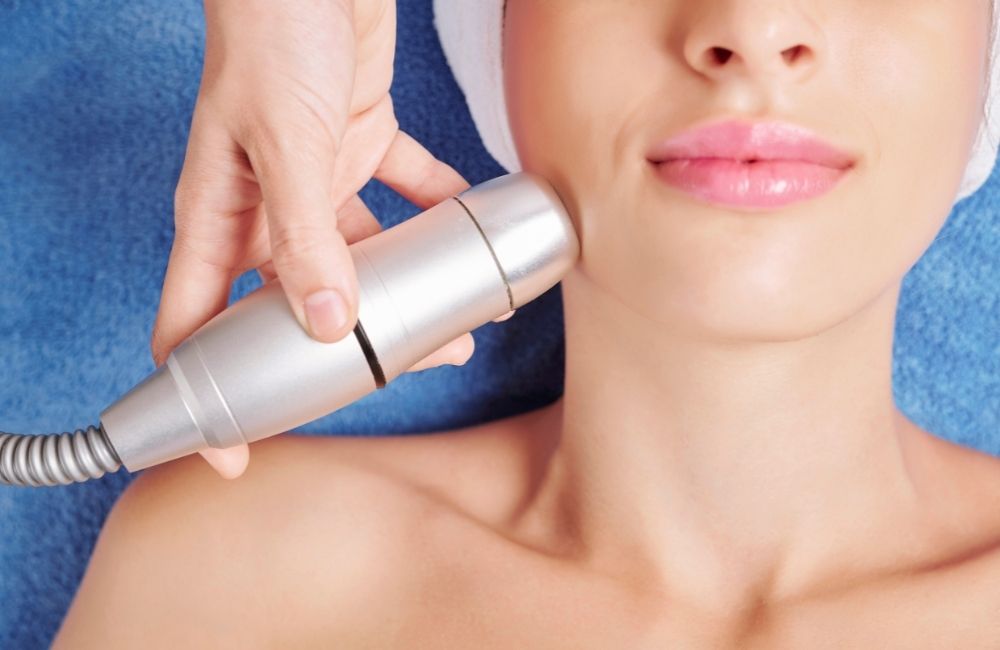Hyperpigmentation is a common skincare concern that many individuals face. It occurs when certain areas of the skin become darker than the surrounding skin due to excess melanin production. This can be caused by various factors such as sun exposure, acne scars, hormonal changes, and aging. While hyperpigmentation is not harmful, it can affect your skin’s appearance and confidence. Fortunately, there are effective ways to treat and manage hyperpigmentation with the right skincare treatments. If you’re considering treatment options, exploring Skincare Treatments in Dubai might be a great start.
Understanding Hyperpigmentation
Hyperpigmentation typically manifests as dark spots or uneven skin tone. Common types of hyperpigmentation include age spots (liver spots), sunspots, melasma (hormonal pigmentation), and post-inflammatory hyperpigmentation (PIH) from acne or injury. Identifying the underlying cause of hyperpigmentation is important for determining the most suitable treatment.
Top Skincare Treatments for Hyperpigmentation
- Chemical Peels
- Chemical peels are an effective way to target hyperpigmentation. These treatments involve applying a chemical solution to the skin that helps exfoliate the surface layer, promoting the growth of new, even-toned skin. A variety of chemical peels, including glycolic acid, salicylic acid, and TCA (trichloroacetic acid), can be used to treat hyperpigmentation.
- Laser Treatments
- Laser treatments are another excellent option for treating stubborn hyperpigmentation. Lasers like fractional CO2 or Q-switched lasers target the pigmentation in the skin and break it down. These treatments are highly effective for deeper pigment issues and are often recommended for melasma or sunspots.
- Topical Treatments
- There are several active ingredients in skincare that can significantly reduce hyperpigmentation over time. Ingredients such as Vitamin C, niacinamide, retinoids, hydroquinone, and alpha hydroxy acids (AHAs) help lighten dark spots and even out skin tone. Regular use of these ingredients, combined with sun protection, can make a noticeable difference.
- Microneedling
- Microneedling, or collagen induction therapy, is a treatment that uses tiny needles to create micro-injuries in the skin. This process stimulates collagen production and promotes skin renewal. When paired with brightening serums or treatments, microneedling can effectively reduce the appearance of dark spots and improve skin texture.
- Sun Protection
- One of the most crucial steps in treating and preventing hyperpigmentation is protecting your skin from the sun. Sun exposure can worsen existing dark spots and create new ones. Always use a broad-spectrum sunscreen with at least SPF 30, even on cloudy days. Incorporating sun protection into your daily routine will help maintain the results of your treatments.
- HydraFacial Treatments
- HydraFacial treatments combine cleansing, exfoliation, extraction, and hydration to help treat a variety of skin concerns, including hyperpigmentation. This treatment involves the use of a specialized device that removes dead skin cells and infuses your skin with serums designed to brighten and even skin tone.
Conclusion: Finding the Best Treatment for You
Treating hyperpigmentation requires a comprehensive skincare regimen and, in many cases, professional treatments. Whether you choose chemical peels, laser treatments, or topical products, consistency is key to achieving visible results. If you're looking for tailored Skincare Treatments in Dubai, consider reaching out to Glamorous In Dubai, where experts can help you find the best treatment plan for your specific skin type and concerns. With the right approach, you can achieve a radiant, even complexion and restore your skin’s natural glow.





Comments